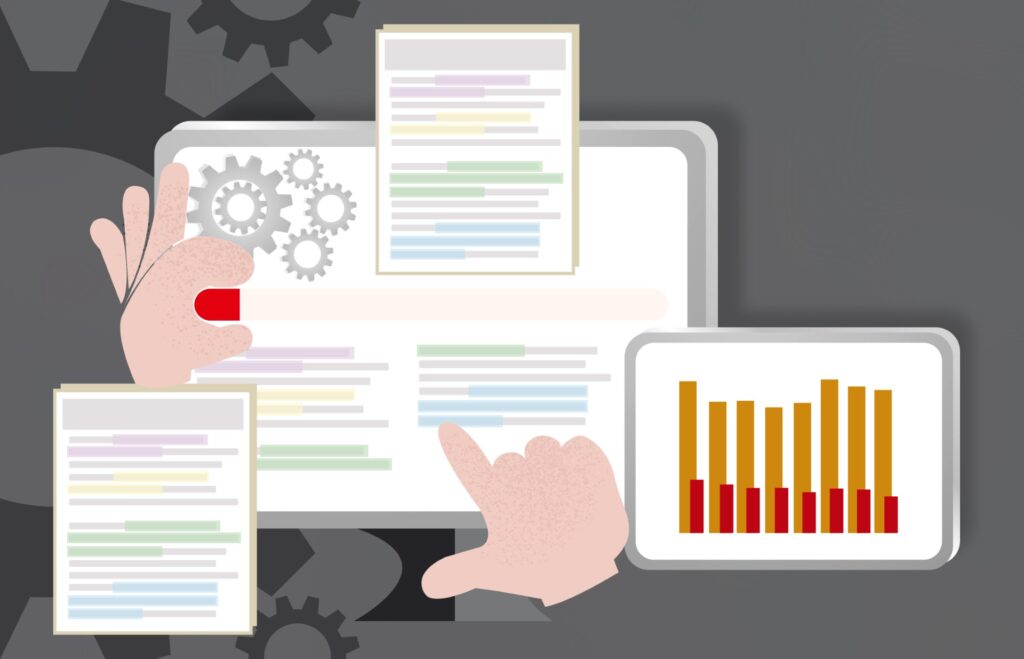
What if you were scrolling through your social media feed and an advertisement for a hair loss treatment kept popping up. Now say you were bald. So, being interested in this new hair loss treatment, you made an appointment at the location described in the ad. When you got there, you were given the choice to pay a large amount for the hair loss treatment. You were also recruited to sign up for a human subject clinical trial where you may receive the treatment or receive the placebo.
Is this ethical?
Right to Privacy
Institutional Review Boards (IRBs) in universities review the research design and procedures of a study as they pertain to risks and ethics. In addition to consent, confidentiality and potential risk to participants, an IRB asks if a study is going to cause undue risks, harms, or burdens to participants, or if they could be susceptible to undue influence or coercion. If these things are present in a study, it could affect the researcher’s ability to produce usable data. Additionally, IRBs are tasked with determining whether a subject’s privacy was respected and whether the researcher was transparent in her seeding of subjects in a clinical trial.
Gray Area
“Social media as a tool for the recruitment of human subjects is still a gray area,” says Dr. Danielle Griffin, associate director for the Office of Research Integrity and Oversight at the University of Houston. Yet it’s used all the time. Using social media for recruitment in clinical studies is only going to increase. For one, it is really convenient. It gives researchers a larger pool of possible subjects and easy access to them. Despite its growing popularity as a recruitment tool, there is essentially no regulatory guidance, and very few resources, to guide IRBs in navigating the ethical component of this issue.
You’ve Been Targeted
Social media sites like Facebook, Twitter, Grindr, Instagram, LinkedIn and other online venues are public or semi-public platforms for sharing information about oneself. But with a researcher at the helm of the social media ship, some of the information you share about yourself may unwittingly be just the prerequisites they were looking for in a human subject. “The SEO functions provided in many social media platforms makes it easy for investigators to target potential participants based upon their online behaviors,” says Griffin. The researcher has now created pool of possible participants to contact for future related research.”
Respect for Privacy
Clearly, when a person shares their information on social media, it is with the expectation of connecting with friends. Or, for good ol’ personal expression. Few voluntarily share information on Facebook in the hopes that they may help the march of scientific inquiry forward. Also, most users don’t fully grasp the privacy settings on the sites they visit in the first place. Not to mention, gleaning health information from social media has many more dangerous implications than a normal targeted ad from say, Taco Bell or Home Depot.
Transparency of Investigator
When someone is brought into a study under false pretenses, it can be disastrous for both the participant and the researcher. “It’s really like drawing people in on a bait and switch,” says Griffin.
Aims, details, risks and benefits all should be readily available to a participant before they are recruited for a study. If they aren’t, a subject’s perception of the research entity will be negative, and let’s be honest — science does not need any more detractors.
Collected or Retained Information
One might argue that placing a banner on a social media site that targets a pregnant woman for a study on depression is creepier than posting a flyer in that pregnant woman’s OB/GYN office. Why? Because social media preferences are tracked by certain algorithms. The onus is on the IRB to make sure the women in the first category are notified that their information was not (or was) being collected or retained by an investigator. On the other hand, no one can quantify how many women saw or read the hypothetical flyer.
Policy in the Making
These are all good questions to ask. Hopefully, they will lead to policy. The reputation of research in general is at stake. Who would want to picture scientists hovering over their social media feeds tracking them for any hint of obesity, diabetes, pregnancy or…baldness?


